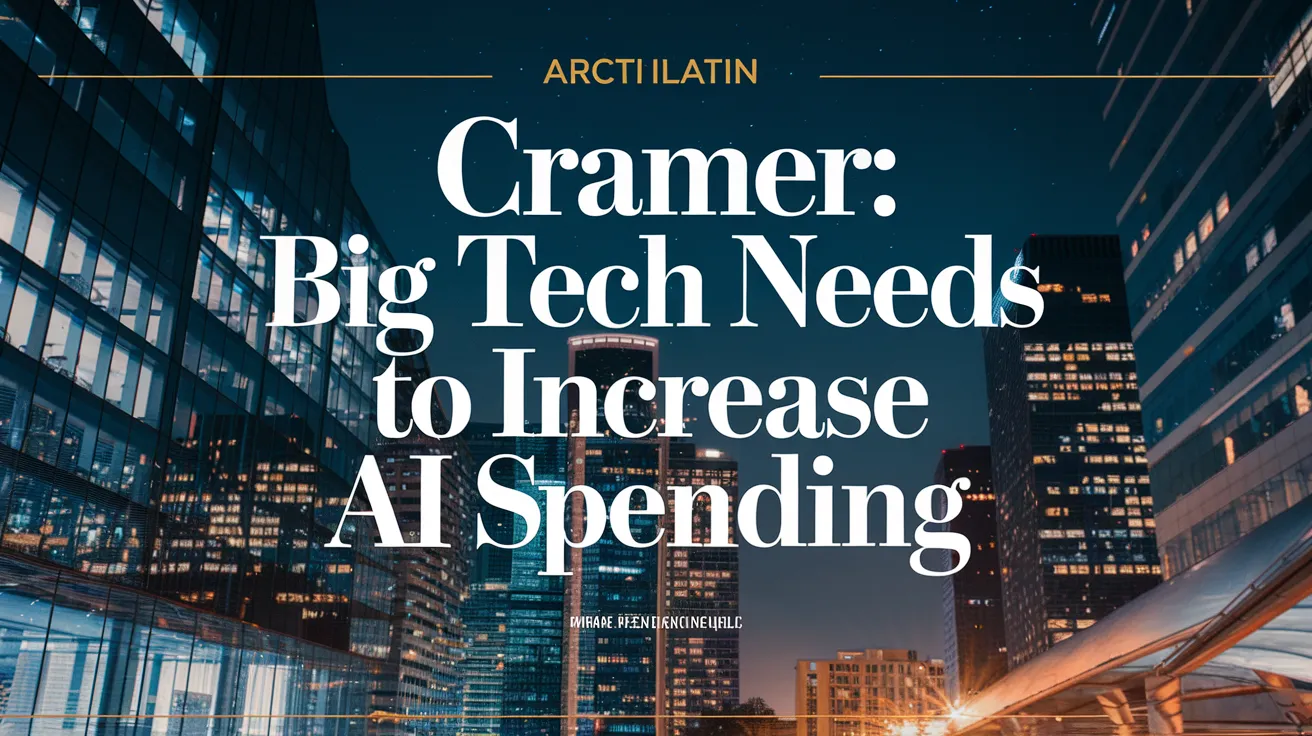Cramer: Big Tech Needs to Increase AI Spending

CNBC’s Jim Cramer expressed his confidence in the earnings potential of artificial intelligence (AI) during a broadcast on Thursday, advocating that Big Tech hyperscalers are not overspending on AI but rather underspending. He stated, “These companies aren’t overspending on AI; they are actually underspending on AI,” underscoring the competitive nature of the industry.
Cramer characterized the current landscape as a winner-take-all, loser-take-none scenario, emphasizing that the only justification for spending less would be a lack of belief in one’s ability to succeed in the AI space.
Tech giants like Meta, Amazon, Alphabet, and Microsoft are projected to spend as much as $320 billion collectively on AI technologies and data center expansions in 2025, a substantial increase from $230 billion in total capital expenditures in 2024. This heightened investment reflects the growing demand for AI products, particularly from industry leader Nvidia, whose market capitalization recently soared to $4 trillion, marking it as the largest company in the world.
Despite some skepticism on Wall Street regarding the potential returns of AI investments, Cramer pointed to Alphabet’s recent quarterly performance as evidence that such reservations may be misplaced. Alphabet exceeded estimates for both earnings and revenue in its latest report, announcing an additional $10 billion in capital expenditures attributed to rising demand for cloud services. The search giant’s initiatives to enhance infrastructure to support AI services underscores the urgency of its investments, as noted by Cramer.
Cramer acknowledged the prevalent skepticism surrounding certain AI applications, particularly AI chatbots, which have been known to err or fabricate responses. However, he remains optimistic about the technology’s evolution, particularly as companies invest in more advanced chips from Nvidia. He remarked, “The most accurate chatbot will be the winner, just as Google search emerged dominant initially.”
Cramer reinforced that ongoing advancements in AI will position the leading firms for near-monopoly capabilities and the potential for significant profits, reiterating the inherent value of investing in superior AI technologies.